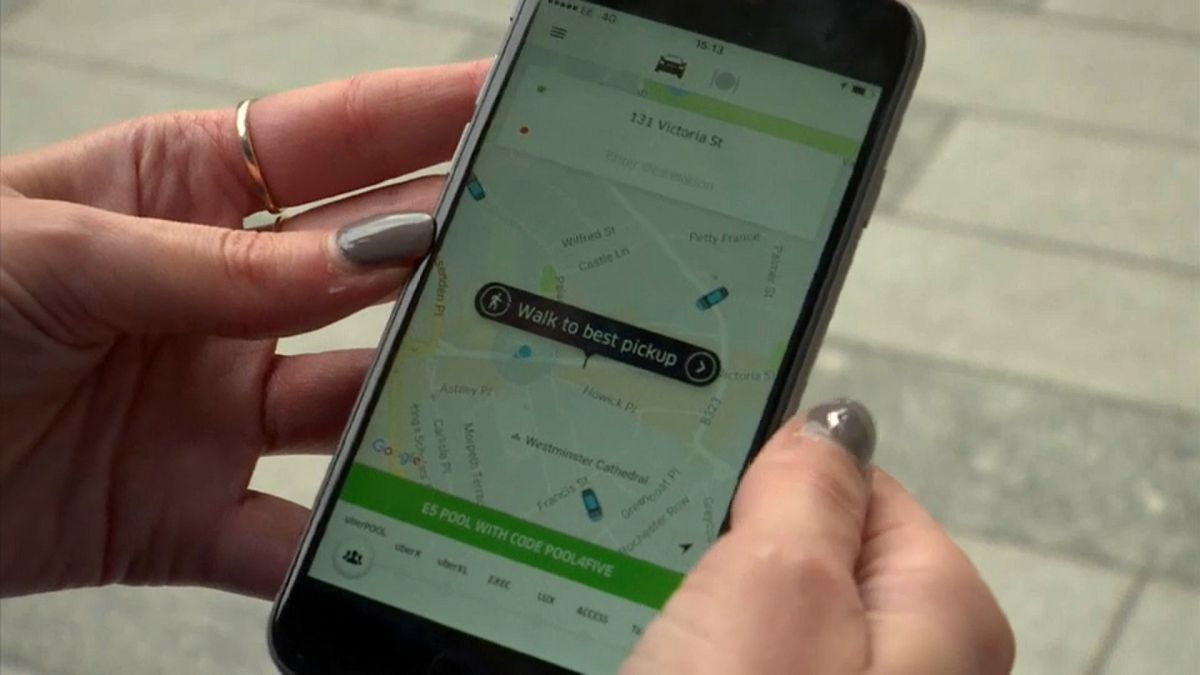A challenge for Theresa May's government is how to protect rights without stifling the economy
Theresa May has said that the British government will take the recommendations of a review into the so-called gig economy seriously, but that without a Commons majority, passing legislation would be difficult.
A government commissioned report headed by Matthew Taylor, a former policy chief to Tony Blair, proposed a series of changes that could alter the way that companies, such as Uber and Deliveroo, pay their workers in Britain.
If implemented, policy recommendations in the report could force such employers to pay tax, holiday and sick pay, although the government could remain flexible on paying the minimum wage of £7.50 an hour for those over the age of 25.
But the UK Prime Minister, was unable to confirm that the report would not end up “gathering dust”, and acknowledged that she would have to rely on support from other parties in order to affect any change.
“I would hope that people across the political world will see the importance of addressing this as an issue,” she said.
She added: “This isn’t just about the here and now – it’s actually about the future of our economy.”
However, one challenge for Mrs May’s minority government is how to protect the rights of workers, without stifling Britain’s open and tech-friendly economy.
Mrs May said: “While avoiding overbearing regulation, we will make sure people have the rights and protections they need, that means building on our high employment rate and low unemployment rate and continuing to strive for full employment.”
Uber and Deliveroo, the UK’s two largest gig platforms, appeared to welcome the review on Tuesday. Uber, which has 40,000 drivers in the UK, said drivers made an average of £15 an hour last year after service fees.
“We would welcome greater clarity in the law over different types of employment status,” said Andrew Byrne, head of policy for Uber in the UK.
The “gig-economy” describes an employment market in which workers are paid for each job, or ‘gig’, they do, such as food delivery or car journey, rather than on a regular rate.
The issue Mrs. May faces, is how to protect the rights of workers, without stifling Britain’s open and tech-friendly economy.



